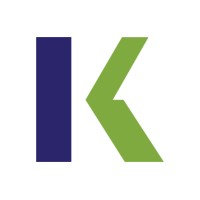
Pennsylvania State Education Association
PSEA represents the labor, policy, and professional interests of 178,000 public school teachers and education support professionals, staff in state higher education institutions, nurses in health care facilities, retired educators, and college students preparing to become teachers. PSEA bargains compensation and benefits for members, protects their rights, and advocates for their professions. We are a strong voice for public education and working families in Pennsylvania. PSEA members share a common purpose, vision, values and goals. We advocate for public education, children, and our members’ professions, whether they are teachers, maintenance employees, nurses, retirees, custodians, secretaries, classroom aides, school psychologists or librarians. Members are PSEA. Members form a strong community of dedicated, caring professionals who support each other at the bargaining table, in the work place and in our communities. Members decide PSEA policy and direction.






